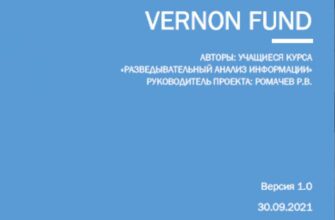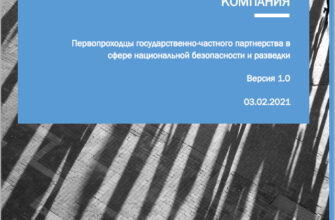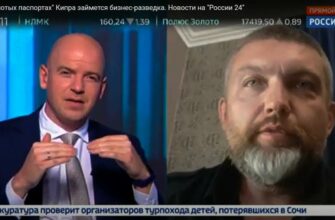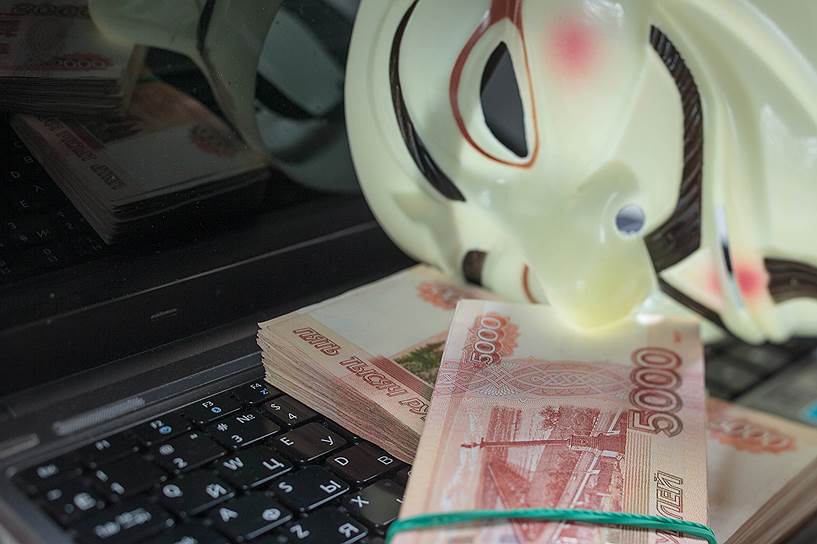By C.M. Matthews
For companies investigating corruption in Russia, a former Soviet intelligence officer is the “go-to guy.”
So, when Deutsche Post. DHL had suspicions about potentially corrupt customs agents in Russia, it turned to Yuri Koshkin and his Arlington, Va.-based consulting shop Trident Group LLC.
“Let’s just say they were very effective,” James Min, an in-house lawyer at DHL, said at a conference earlier this year.
Koshkin spent the first half of his career in Soviet military intelligence studying his counterparts in the U.S. These days, Western companies pay him and Trident to look into their business partners and competitors in Russia and a host of former Soviet states.
Former intelligence officers plying their skills in private practice aren’t unusual in today’s high-stakes business world. What sets Trident apart is that it is founded and staffed predominantly by former Soviet agents. The firm has more than a dozen full-time employees in the U.S., Russia, and the Ukraine, the majority of who have an intelligence background.
Increasingly, Koshkin says, the firm is being asked to investigate corruption-related matters like whether a company’s third-party broker is bribing officials in Ukraine or whether a joint venture partner is actually owned by the subsidiary of a corrupt foreign official.
Enforcement of the U.S. Foreign Corrupt Practice Act and the U.K. Bribery Act has created a gold rush for lawyers, accountants and corporate investigators. Not surprisingly, Koshkin’s company has shifted from a focus on litigation support and competitive intelligence five years ago to one that now counts anti-corruption work as half its business.
Koshkin says Trident counts “iconic” U.S. companies and well-known law firms as its clients, but wouldn’t divulge many of their names because of privacy agreements. Koshkin also wouldn’t discuss his rates, saying they vary dramatically case-to-case, but conceded that even basic due diligence could cost tens of thousands of dollars.
Richard Dean, a well-known FCPA lawyer at Baker McKenzie, said Koshkin is his “go-to guy” in Russia.
“What I like about Yuri is that you get the heart of the matter,” Dean said. “He has former law enforcement, intelligence type guys from the whole range of agencies – FSB [Federal Security Service, the KGB’s successor], military- and they all have good access.”
The work sounds sexy enough, but most of it’s done from a desk, according to Koshkin. Work includes looking into whether the address a company has listed on its website is actually its place of business and whether the phone number on a business card actually belongs to the person listed on the card.
“Much of this is artificially glorified,” Koshkin says. “What people don’t realize is that, in business intelligence, the bulk of the work comes from public sources and the challenge is to sift through the mass of information that’s out there, analyze it, and make the right conclusions.”
That’s not to say that Koshkin is above getting some dirt beneath his fingernails. When it’s called for, Koshkin and his team can avoid detection or tap confidential sources.
“If you’re investigating a company or a situation and you want make sure there’s no corruption… in my view, you have to do what you have to do short of breaking the law or committing an unethical act.”
Koshkin honed these investigative skills in the Soviet army. After studying languages and military geography at the Military Institute of the Soviet Ministry of Defense, a famed breeding ground for KGB officers, Koshkin graduated in 1980 and began working in Africa as a military intelligence officer.
Koshkin is reluctant to speak about his intelligence work except to say that he wasn’t really a spy. But, he does recall being intercepted by F-14s and F4s while flying over neutral waters to Angola in a Tupolev Tu-95, snapping pictures of military installations. “It was all very friendly,” he said. “We waved to each other.”
He came to the U.S. in the late 80s as part of a joint U.S.-Soviet military working group. By that point Koshkin had grown cynical about the Soviet Union, he said, and imagined a life in the West, but was only willing to leave the military “cleanly and honorably.”
That opportunity came in 1989 when the USSR began reducing its armed forces levels and gave Koshkin leave. By 1991, he was living in San Francisco and working for a public relations company, the PBN Company, focused on the newly opened Russian market.
After two years at PBN, Koshkin began advising U.S. companies on doing business in the “wild, wild East,” and in 1996, Koshkin and attorney Yevgeny N. Pshenichny, also a graduate of the Soviet Military Institute, founded the Trident Group.
Much of the firm’s early work focused on litigation support. Trident figured prominently in American investor Kenneth Dart’s fight with Russian oil giant Yukos. Koshkin helped Dart, a minority shareholder in Yukos, in litigation that accused former oligarch Mikhail Khodorkovsky, then Russia’s richest man, of using share dilutions to try to force Dart out of Yukos. The two parties entered into a confidential settlement in 1999.
By the mid-2000s, Koshkin says he began noticing a tangible uptick in corruption-related work. Not coincidentally, this came at the same time as the Justice Department’s new-found vigor enforcing the FCPA, which prohibits bribes to foreign officials to win business. Western companies needed to know if they were in bed with corrupt Russian officials, and Koshkin knew how to find that out.
Koshkin said that the FCPA moved corruption work to the front burner, but that it had long been present in Russian society. It’s taken some new forms in the past decade, Koshkin said, as a plethora of new government positions were created and “an army of apparatchiks” looked to cash in on a temporary sinecure.
Randy Bregman, a partner at the Salans law firm, has been using Koshkin and his team for six years. Bregman says he frequently advises private equity firms investing overseas, and turns to Koshkin when he needs to know if an acquisition target is tied to corrupt government officials, or organized crime.
Bregman said part of what he values most about Koshkin is his integrity and his discretion.
“He works with Russians who know how to be Russians and know what kind of behavior would tip off Russians,” Bregman said. “But, Yuri does it with integrity. You don’t have to worry about him doing something that would embarrass you, and that’s always a concern over there.”




